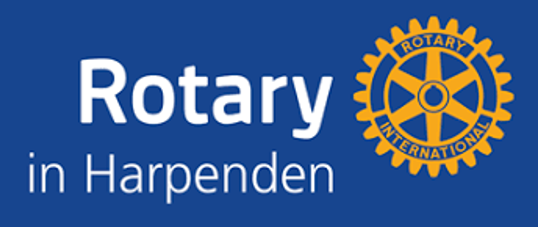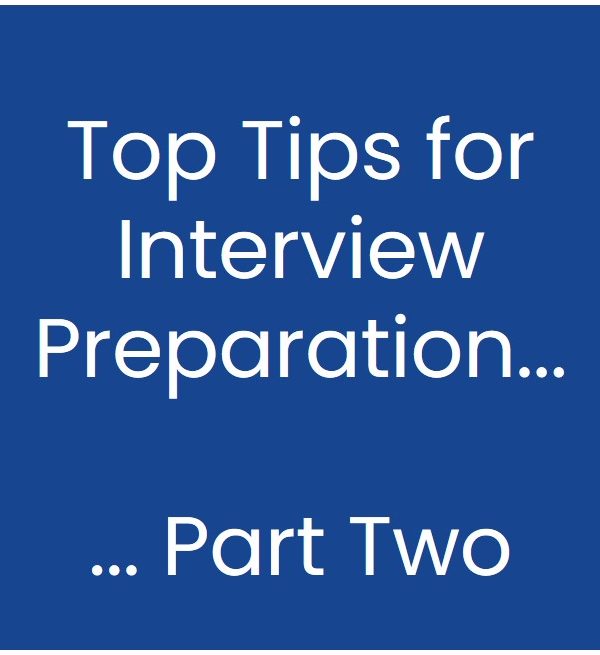14 YOUR HOBBIES AND INTERESTS
You are likely to be asked about your hobbies and interests. Which hobbies and interests will you talk about?
Talk with confidence about your interests. Be enthusiastic. Say what you have created or achieved.
Demonstrate that you can be patient and determined. Don’t appear obsessive. Talk about more than one interest.
15 TALKING ABOUT SPORTS AND FITNESS
Interviewers may want to know about any sports or fitness activities. These can be used to show you are fit and healthy.
Interviewers may want to know how competitive you are.
16 TEAMWORK, WORKING WITH OTHERS
What experience have you had working with others? Do you prefer to work alone or with others?
What other examples can you give of working closely with others? What positions of responsibility have you held?
17 LEADERSHIP AND ORGANISATIONAL SKILLS
Some careers require leadership skills or organisational ability. If you have ever led a team, or helped to lead a team, say so.
Are you a good organiser? What have you organised? This information should be in your CV, but mention it during the interview.
18 YOUR COMPUTER SKILLS
What computer skills do you have? How important will computer skills be in your chosen career?
Interviewers will not be interested in your computer games skills.
19 YOUR ENTHUSIASM
Show enthusiasm when talking about your hobbies and interests.
20 THE REASONS FOR YOUR CAREER/COURSE CHOICE
If you have chosen a particular career or course, what are your reasons? What personal qualities are important for that career?
21 YOUR CAREER/COURSE KNOWLEDGE
What do you know about your career/course choice and the work it involves?
What steps have you taken to get relevant information? How would you expect your career to develop over time?
How can you convince the interviewer you are serious about this career/choice?
22 THE SUBJECTS AND GRADES YOU NEED
What subjects and grades do you need for your chosen career?
Have you, or will you, achieve the necessary grades? What further studies will be required in the future?
23 ACADEMIC ACHIEVEMENTS
Having explained what examination results you need, what will you say to the interviewer to show that you are capable of achieving the necessary qualifications?
24 RELEVANT WORK EXPERIENCE
What work experience have you had? What part-time work or job placements have you had?
Even if your work experience is not linked with your chosen career, mention it.
25 CAREER ALTERNATIVES
What alternative careers have you considered? What will happen if you don’t get good enough grades?
26 YOUR EXPECTATIONS
How will you convince the interviewer that your career choice is realistic and achievable?
OTHER THINGS YOU SHOULD MENTION
If there are important things you would like to say but haven’t had the chance to do so, take the opportunity to say these things at the end of the interview. Make sure that you mention all of your strong points during the interview.
ON THE DAY
Double check in advance the date and time of the interview. Find out exactly where the interview is to be held. Allow plenty of time to get there. Don’t be late. Take any certificates and records of achievement with you. Don’t take alcohol or drugs to calm your nerves. Get a good night’s sleep the night before. Talk to other people about their interview experiences.
These 100 tips are part of THE MOCK INTERVIEW EXPERIENCE, a portfolio of documents on mock interviews produced and published by the Rotary Club of Wrexham Erddig and available at
https://www.rotary-ribi.org/clubs/page.php?PgID=487112&ClubID=1108


Comments are closed.